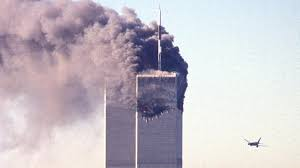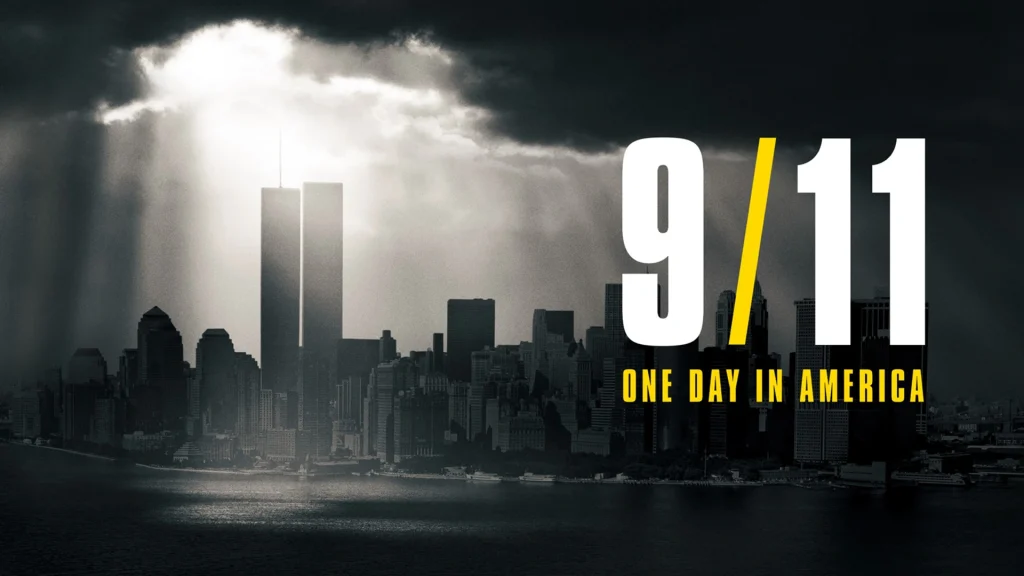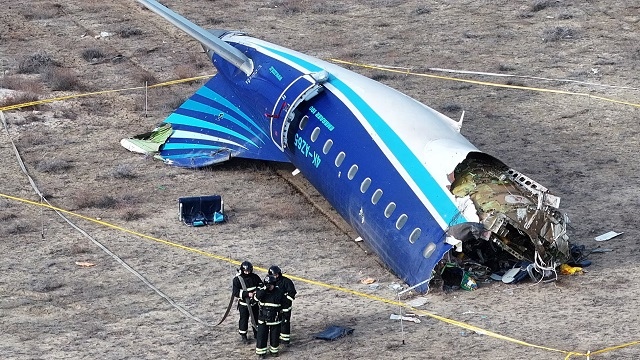
The 9/11 Terrorist Attacks: A Defining Moment in Global History
On the morning of 11 September 2001, the world witnessed an event that would forever alter the course of history. A series of coordinated terrorist attacks carried out by al-Qaeda left the United States and much of the international community in a state of shock and disbelief. The attacks, which resulted in the deaths of nearly 3,000 people, not only shattered the sense of security within the US but also led to a cascade of geopolitical, social, and military changes that would resonate globally for years to come.
This article will delve into the events of that fateful day, the motivations behind the attacks, their immediate impact, and their lasting consequences on global politics and security.
The Events of 11 September 2001
At approximately 8:46 a.m. Eastern Daylight Time (EDT), the first of four hijacked planes, American Airlines Flight 11, crashed into the North Tower of the World Trade Center (WTC) in New York City. Initially, many believed that it was a tragic accident. However, as the world watched in horror, it became clear that this was no mere incident. At 9:03 a.m., United Airlines Flight 175 hit the South Tower of the WTC, confirming that the United States was under attack.
Within the next hour, the situation escalated further. At 9:37 a.m., American Airlines Flight 77 crashed into the western side of the Pentagon, the heart of the US Department of Defense, near Washington, D.C. Then, at 10:03 a.m., United Airlines Flight 93 crashed into a field in Pennsylvania. Later investigations revealed that the passengers on board Flight 93, having learned of the earlier attacks, attempted to retake control of the aircraft from the hijackers. Their courageous efforts prevented the plane from reaching its intended target, which was likely either the White House or the US Capitol.

By 10:28 a.m., the North Tower of the WTC had collapsed, following the South Tower’s collapse at 9:59 a.m. New York City was plunged into chaos, with thousands of emergency workers rushing to the scene to rescue those trapped under the debris. However, the enormity of the destruction and the sheer number of casualties would only become apparent in the hours and days that followed.
The Attackers and Their Motives
The perpetrators of the 9/11 attacks were members of al-Qaeda, a radical Islamist terrorist organisation led by Osama bin Laden. Al-Qaeda’s ideology was rooted in a belief that the US and its Western allies were corrupt and oppressive, particularly in their policies toward the Middle East. Bin Laden and his followers viewed American military presence in Saudi Arabia, the US’s support for Israel, and the broader Western influence in the region as unacceptable.
The attacks were meticulously planned, with al-Qaeda operatives spending years preparing for the assault. The attackers, 19 men in total, hijacked four commercial planes with the aim of using them as weapons of mass destruction. Their targets—the World Trade Center, the Pentagon, and potentially the White House or Capitol—were chosen for their symbolic significance. They represented the economic, military, and political power of the United States.
Immediate Reactions and Rescue Efforts
In the immediate aftermath of the attacks, the world reacted with a mix of shock, grief, and solidarity. Across the US, an overwhelming sense of vulnerability gripped the nation. The skies over North America were quickly cleared as all commercial flights were grounded, and rescue operations began in earnest at Ground Zero, the site of the World Trade Center’s collapse.
Firefighters, police officers, and paramedics were hailed as heroes as they worked tirelessly to save lives amidst the devastation. Many first responders risked their lives, and in some cases lost them, as they searched for survivors in the wreckage. In the weeks following the attack, the tragic death toll became clearer, with nearly 3,000 people having lost their lives. Hundreds more suffered long-term health effects from inhaling toxic dust and debris at Ground Zero.
The international community, too, expressed solidarity with the US. In a rare display of unity, countries around the world mourned the loss of life and condemned the attacks. NATO invoked Article 5 of its charter for the first time in history, stating that an attack on one member was an attack on all, and many nations pledged their support for the US in its efforts to respond to the tragedy.
The War on Terror
The attacks of 9/11 prompted a swift and decisive response from the US government. On 20 September 2001, President George W. Bush addressed a joint session of Congress and declared a “War on Terror.” The primary focus was to dismantle al-Qaeda, remove the Taliban regime in Afghanistan (which had provided sanctuary to bin Laden), and prevent further terrorist attacks on US soil.
On 7 October 2001, the US-led coalition invaded Afghanistan, launching Operation Enduring Freedom. Within weeks, the Taliban regime was ousted, and al-Qaeda operatives were driven into hiding. However, bin Laden himself eluded capture for nearly a decade, until he was found and killed by US Navy SEALs in Pakistan in 2011.
The War on Terror also led to the creation of the Department of Homeland Security and the implementation of the USA PATRIOT Act, which expanded the government’s surveillance and investigative powers to combat terrorism. While these measures were intended to enhance national security, they also sparked debates over civil liberties and the balance between freedom and security.
Long-Term Impact
The 9/11 attacks marked a turning point in modern history. Their impact has been felt in numerous areas, from international relations to domestic policies, and from global economics to personal freedoms.
In the years following the attacks, the US and its allies engaged in prolonged military campaigns in Afghanistan and Iraq. The invasion of Iraq in 2003, justified by the US government’s assertion that Saddam Hussein’s regime possessed weapons of mass destruction, became highly controversial. Although Hussein was removed from power, the ensuing instability in the region led to years of insurgency, civil conflict, and the rise of new terrorist organisations such as ISIS.
In addition to the geopolitical consequences, 9/11 also altered how nations approached issues of national security and counter-terrorism. Governments around the world introduced stricter security protocols, particularly at airports, and expanded intelligence-sharing networks to track and prevent terrorist activities.
Socially and culturally, the attacks led to an increased focus on radicalisation and extremism. Islamophobia, unfortunately, became more prevalent in some parts of the world, as fear and misunderstanding of Islamic culture grew. Many Muslim communities faced heightened discrimination and suspicion, despite efforts by various leaders and organisations to stress the importance of distinguishing between radical terrorists and the broader Muslim population.
Conclusion
The 9/11 attacks were a watershed moment in global history. They not only inflicted immense loss and suffering but also set in motion events that would reshape the political, military, and social landscapes for years to come. The subsequent War on Terror, the invasions of Afghanistan and Iraq, and the ongoing fight against terrorism have continued to shape international relations in the decades since.
As the world reflects on the 9/11 attacks over two decades later, the lessons learned from that day remain crucial. The importance of global cooperation in the fight against terrorism, the need for vigilance in the face of extremist ideologies, and the ongoing struggle to find the balance between security and freedom all serve as enduring legacies of that tragic and transformative day.






